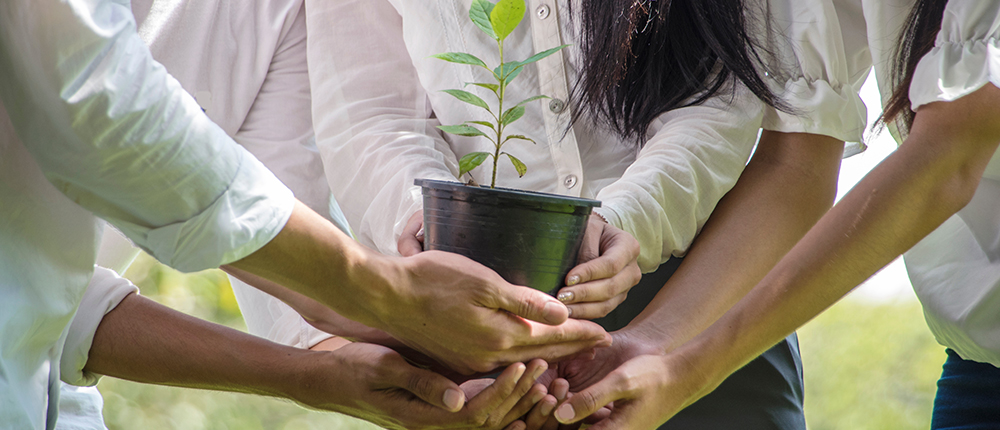CSR interventions have served as appropriate models of providing aid to vulnerable sections of society during the COVID-19 pandemic

In the globally challenging time of COVID-19 pandemic, Corporate Social Responsiblity (CSR) in India has attained a new level of providing effective aid to various stakeholders in the process of achieving sustainable development.
TERI's documentation of the same has taken the form of a Knowledge Report on 'CSR during COVID-19: Experience and Learnings'. It is an outcome of TERI CSR team's research work based on the experiences and learning of Indian corporates in the CSR domain during unprecedented times of a pandemic, to further prepare the stakeholders for future challenges. In this regard, CSR interventions have served as appropriate models of providing aid to the most vulnerable sections and communities.
TERI's documentation of the same has taken the form of a Knowledge Report on 'CSR during COVID-19: Experience and learnings'. It is an outcome of TERI's CSR team's research work based on the experiences and learning of Indian corporates in the CSR domain during unprecedented times of a pandemic, to further prepare the stakeholders for future challenges. In this regard, CSR interventions have served as appropriate models of providing aid to the most vulnerable sections and communities.
The report suggests for a shift in the mindset around CSR from an activity that solely focuses on meeting a statutory obligation to one where companies actively identify and create sustained impact projects aligned to their values. It also suggests streamlining information on activities permitted under the regulation as well as timely clarifications, and creation of channels for identification of projects on a pan India basis to aid in spreading the deployment of CSR funds to areas where the maximum impact would be possible.
Click below for paper and its recommendations:

